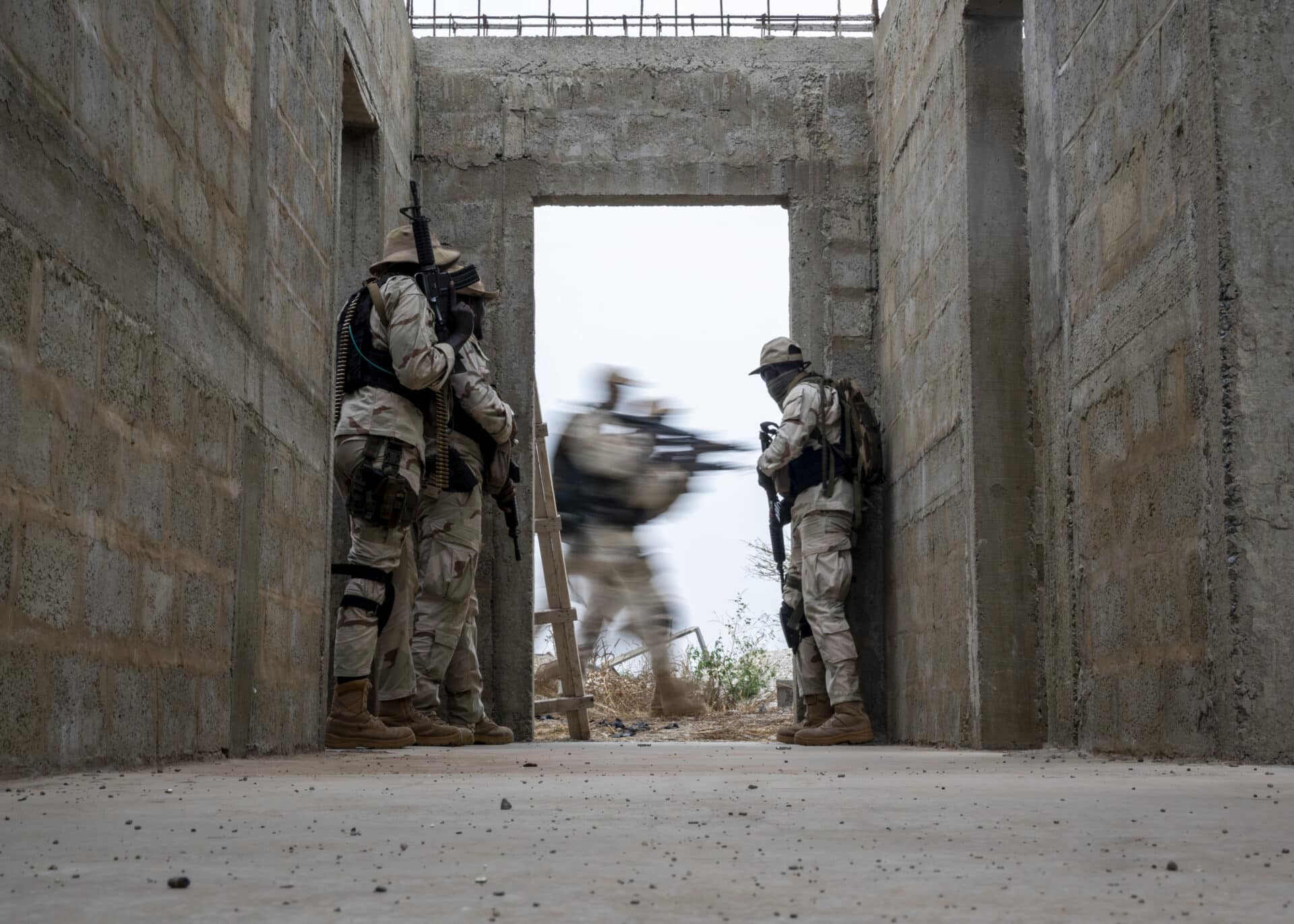In a reversal of then-President Donald Trump’s decision to remove troops from Somalia during his final days in office, President Joe Biden has signed off on sending American Special Operations Forces back to the African nation fight the terrorist group al-Shabaab. He has also approved a Pentagon request for standing authority to target about a dozen suspected leaders of al-Shabab, that is affiliated with Al Qaeda, Pentagon officials told the media.
Eighteen months ago, over the objection of many in the Pentagon, President Trump decided to withdraw the more than 700 troops that had been in Somalia in a training and advising mission. In the months since the withdrawal, the terror group has grown stronger and this move is expected to aid the Somalis in combatting the groups as well as conducting airstrikes against terrorist leaders.
The Biden administration tightened the reins on airstrikes, limiting those to limited to just those meant to defend Somali partner forces facing an immediate threat. President Biden explained at the time that his decision as well as withdrawing from Afghanistan was to bring an end to the “forever wars” that US forces had been conducting against terrorists since 9/11.
US Special Operations forces have been conducting counter-terrorist operations in Somalia, over three administrations. But Defense Secretary Lloyd Austin urged the president to reverse his decision as al-Shabaab, which has pledged allegiance to al-Qaeda has aims to attack the United States from its enclaves in Somalia as well as placing its extremist views of Islam on the poor nation in the Horn of Africa.
According to a defense department official who spoke with Military Times on the condition of anonymity, Austin is seeking airstrikes in the region “to increase the safety and effectiveness of our special operators.” The number of troops is expected to be capped at about 450 special operators and support personnel.
Adrienne Watson, a spokeswoman for the White House National Security Council, said that the president’s decision to keep U.S. troops in Somalia again on an ongoing basis would help U.S. partners to better fight al-Shabaab and the threat the group poses to Americans in East Africa and beyond.
“The decision to reintroduce a persistent presence was made to maximize the safety and effectiveness of our forces and enable them to provide more efficient support to our partners,” Watson said.
Terror Threat Against the US From al-Shabaab:
While the majority of al-Shabaab terrorists live and fight inside of Somalia, the threat against American interests outside of their borders is very real. The terror group crossed into Kenya and attacked a US airbase at Manda Bay in January 2020. The attack killed one US service member and two contractors while destroying five aircraft and damaging another.
Later that year in December 2020, federal prosecutors charged a Somali man and member of al-Shabaab, Cholo Abdi Abdullah, 30, with plotting another 9/11 style attack on the United States.
The terrorist enrolled in flight school in the Philippines and received the necessary certifications to receive his pilot’s license. He researched ways to hijack an airliner and the tallest building inside the US. He aroused the suspicion of Filipino authorities who arrested him and extradited him to the US.
Current System of Rotation of SOF Troops Inefficient:
Since the withdrawal of troops in January of 2021, the US has been rotating SOF troops in and out of Somalia on an 8-week TDY basis. The Pentagon and USAFRICOM said it was too costly and inefficient, saying that only about 3 weeks was spent on training and the rest of the time was spent getting in and out of the country.
Back in March, Army General Stephen J. Townsend told the Senate Armed Services Committee that, “My view is that our periodic engagement, also referred to as ‘commuting to work,’ has caused new challenges and risks for our troops,” he said.
“I believe my assessment is that it is not effective, it’s not efficient, and it puts our troops at greater risk.”
Townsend said al-Shabaab remains a threat to the United States. “Al Shabab remains Al Qaeda’s largest, wealthiest and most deadly affiliate, responsible for the deaths of thousands of innocents, including Americans,” he said.
“Disrupting Al Shabab’s malign intent requires leadership from Somalis and continued support from Djibouti, Kenya, the U.S. and other members of the international community.”
Authored by Steve Balestrieri






